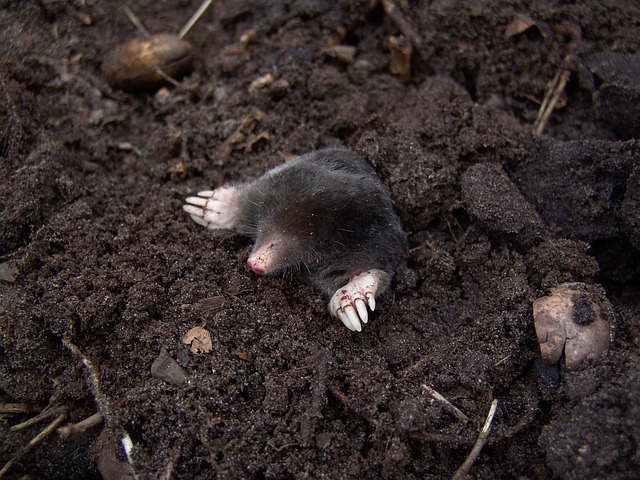「どんこの
川入り」という
言葉があります。
There is a phrase with donko skin.
の
終わりごろの
暖かい
日を「どんこの
川入り」と
言います。
The warm days at the end of January are called Donkos river entry.
の
由来は、
昔の
話にあります。
The origin of this phrase comes from a folktale.
、モグラは
土の
上で
生活していました。
Once upon a time, moles lived above ground.
い
日、モグラたちは「
太陽を
落としてしまおう」と
考えました。
On a hot day, the moles thought, Lets bring down the sun.
がなくなれば、
暑くなく
なるからです。
If there were no sun, it wouldnt be hot anymore.
を
聞いたカエルは、
びっくりしました。
When the frog heard this story, he was very surprised.
がなくなると、
川や
池が
凍ってしまいます。
If there were no sun, rivers and ponds would freeze.
カエルの
奥さんは
赤ちゃんを
産むことができなくなります。
The frogs wife cannot have children.
カエルは
急いで、
東に
行きました。
太陽は
東から
昇るからです。
Because the sun rises in the east.
、
太陽にモグラのことを
話しました。
After that, the frog told the moles story to the sun.
モグラは、
太陽が
昇ったとき、
太陽を
落とすために
矢を
用意していました。
When the sun rose, the mole prepared an arrow to bring down the sun.
、
太陽は
いつもの
2倍か
3倍の
強い
光を
出しました。
However, the sun was shining with two or three times its usual intensity.
モグラは
目が
見えなくなって、
土の
中に
入りました。
Moles can’t see and burrow underground.
、
太陽はカエルとの
約束を
守りました。
After that, the sun kept its promise to the frog.
の
終わりごろ、
2日か
3日、
暖かい
日を
作りました。
Around the end of January, there are two or three days when the sun brings warm weather.
カエルの
奥さんは
赤ちゃんを
産むことができました。
Thanks to that, the frogs wife was able to give birth to children.

